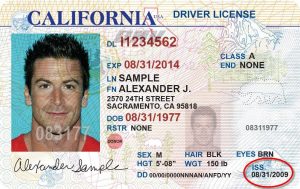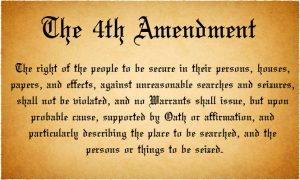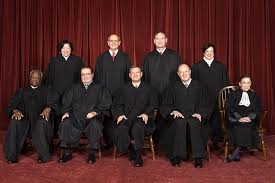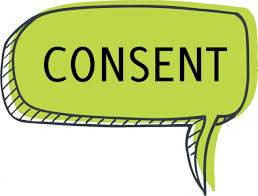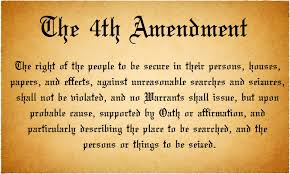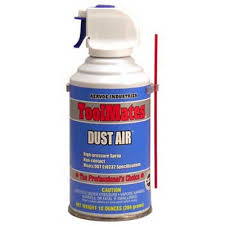Florida Supreme Court To Hear Arguments On DUI Blood Sampling
Since the penalties can be so severe, drivers convicted of causing death or injuries in crashes involving a DUI in Los Angeles and other jurisdictions usually seek out every avenue of appeal. Many of their arguments center around the way that police and other personnel collect, store and handle the blood samples used to determine blood alcohol content.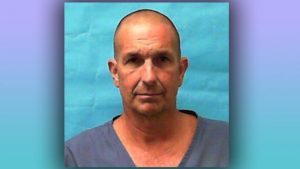
In mid-October, the Florida Supreme Court agreed to hear an appeal by John Goodman of his conviction on DUI manslaughter. According to the Florida Sun Sentinel, Goodman is arguing (through his lawyers) that the state’s rules for collecting and analyzing blood are inadequate and that they violate the rights of drivers charged with DUI.
The Goodman case is attracting a great deal of attention in Florida because the defendant is a millionaire known for founding the Wellington polo club. He’s currently serving a 16-year sentence in the death of Scott Patrick Wilson, age 23. Goodman’s Bentley slammed into Wilson’s Hyundai, sending the vehicle into a canal. Wilson drowned in his vehicle.
Continue reading
 Los Angeles Criminal Defense Attorney Blog
Los Angeles Criminal Defense Attorney Blog



